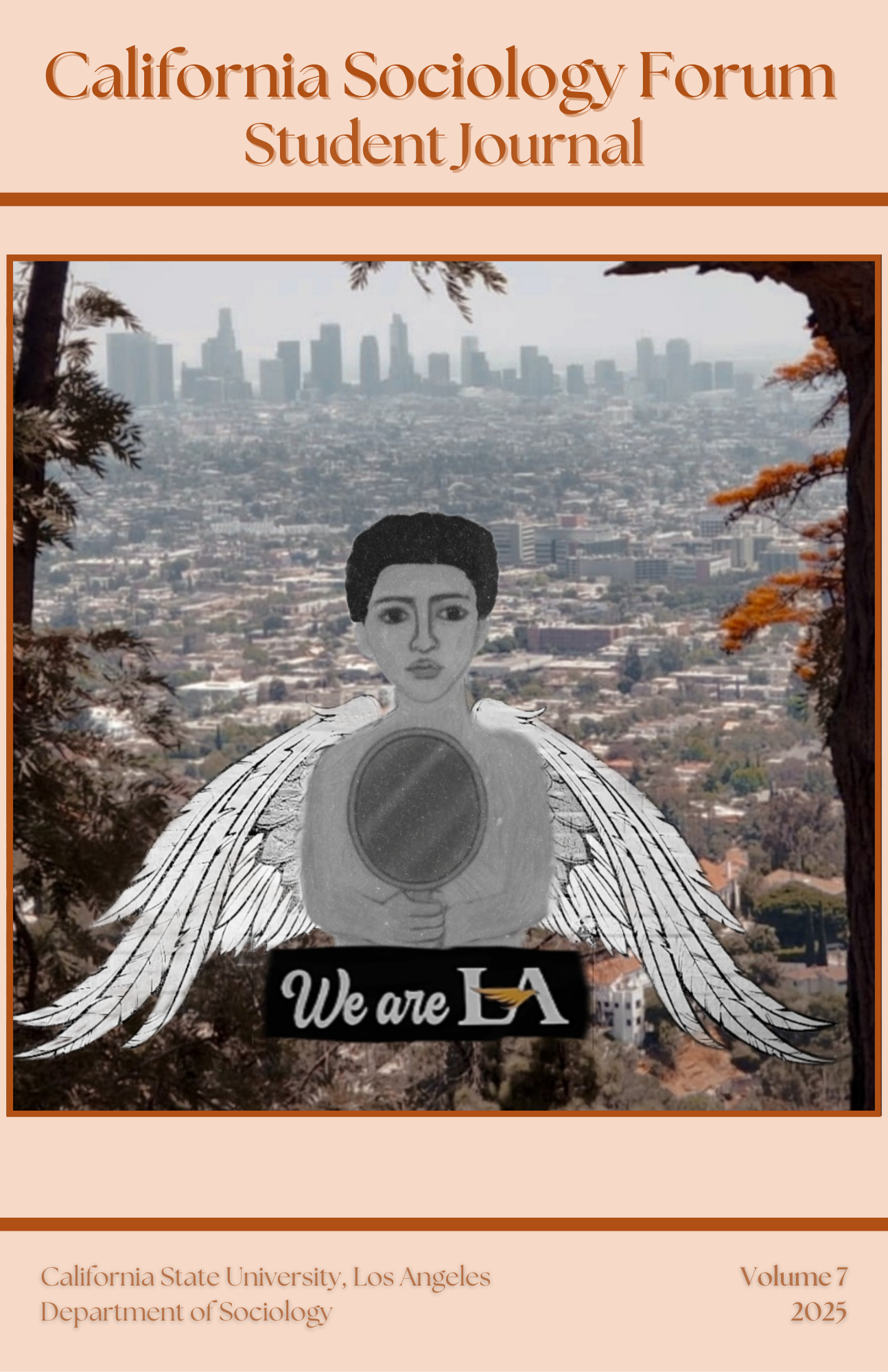Kimberlé Crenshaw on Intersectionality and Critical Race Theory
Abstract
Kimberlé Crenshaw is an American civil rights advocate, a professor at both the University of California, Los Angeles School of Law and Columbia School of Law, and a founding director of the African American Policy Forum. Crenshaw is best known for developing the concept of intersectionality, which examines how different forms of social inequalities intersect and overlap; for example, those experiencing hardships from intersections of race and gender. Most people are subjects of intersectionality, since it is in all aspects of life, but not enough people reflect on how it could be affecting social interactions; therefore, it is important to address and focus on intersectionality more often. Crenshaw has spent her career working to end discrimination against women of color and to promote the interest of marginalized communities. She is also the leading scholar of critical race theory (CRT), an approach to studying U.S. policies and institutions that originated in law schools, as a framework that is used to help people understand why racial inequalities exist in society and how they can be eradicated. The theory rests on the premise that racial bias (intentional or not) is baked into U.S. laws and institutions. Crenshaw has argued that “the black racialist account…portrays racial power…through its impact on African-American males” (Crenshaw et al. 1995:xxxi). This piece is intended to showcase why both Crenshaw and her work are still important today, how the work has impacted society, and how people are still practicing CRT and intersectionality, along with noting the circumstances these ideas are being applied to.

